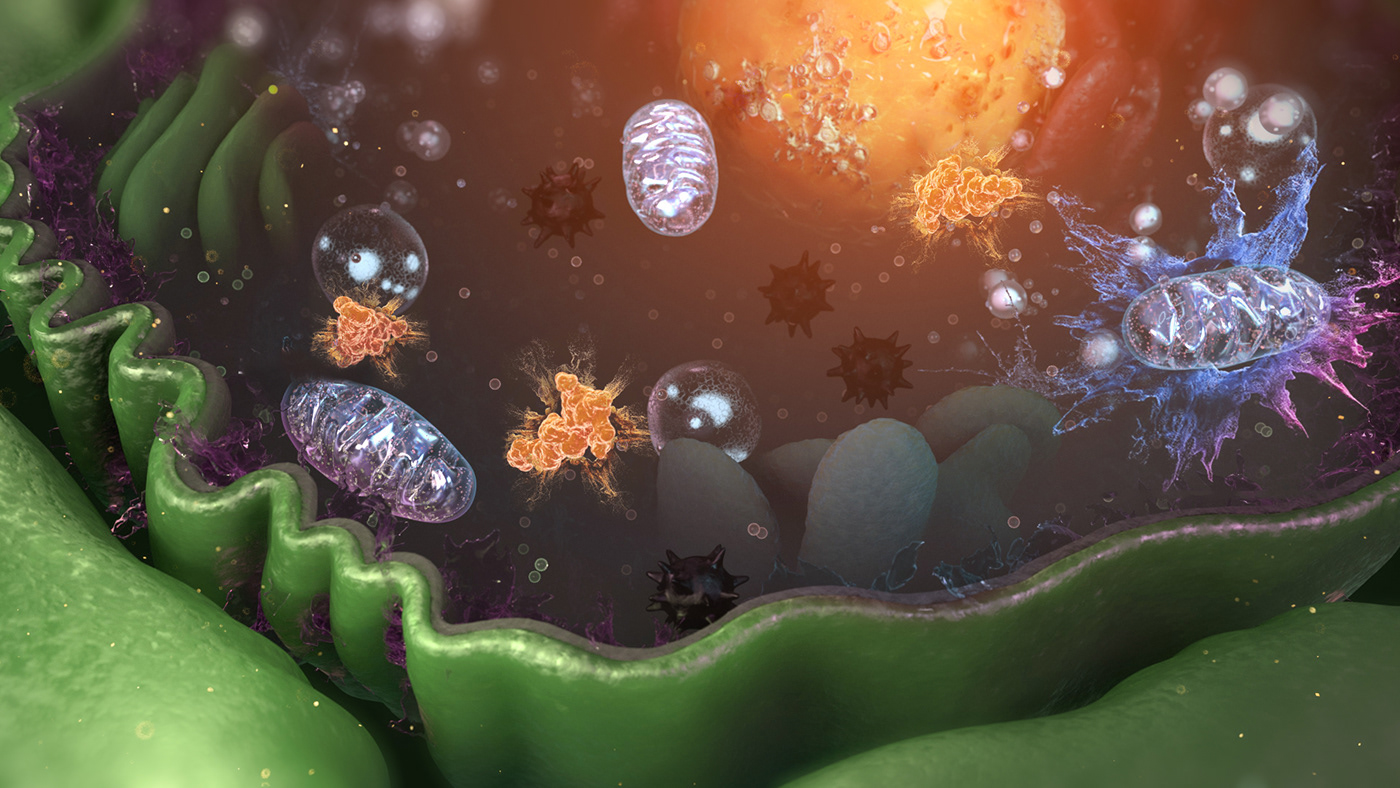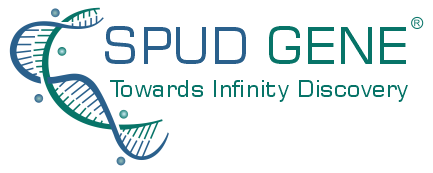Targeted Treatment for Lung Cancer
Lung Cancer
Lung cancer is a complex and devastating disease threatening millions of individuals all around the world. As we know, lung cancer can be broadly categorized into two main types: non-small cell lung cancer (NSCLC) and small cell lung cancer (SCLC). Lung cancer progresses through various stages, ranging from localized tumors to metastatic spread. Each stage presents unique challenges and requires tailored treatment approaches. As this condition induces a serious health danger and affects millions of people, we are set to fight it and eliminate it for good.
Challenges with Current Treatment Methods
Traditional treatment methods for lung cancer, such as surgery, radiation therapy, and chemotherapy, have shown limitations in achieving desired outcomes. While they can be effective in certain cases, they often come with significant challenges and side effects. Chemotherapy, for instance, can cause severe damage to healthy cells and result in debilitating side effects, impacting the quality of life for patients. There is an urgent need for more targeted and effective treatments that can improve outcomes and minimize the burden on patients, and this is what we do.
The Need for Targeted Treatment
Targeted treatment approaches hold tremendous promise in the fight against lung cancer. Focusing on specific molecular targets or pathways involved in cancer growth and progression, targeted therapies aim to deliver more precise and personalized treatment options. These therapies have the potential to enhance efficacy while minimizing side effects, offering renewed hope for patients and their loved ones.

Spud Gene Impact
We have made remarkable strides in lung cancer targeted treatment. After the long way we’ve ridden, our research team has successfully designed a novel drug and treatment approach that brings us closer than ever to achieving definitive lung cancer treatment. This multidisciplinary approach acts in various ways and includes various benefits that you can barely imagine.
Inducing Apoptosis and Triggering the Immune System
We firmly believe that Spud Gene researchers are true artists as well as they are exceptional scientists. Through relentless clinical studies, our piece of art drug has demonstrated the ability to induce apoptosis, leading to the elimination of cancer cells and inhibiting the growth and progression of lung cancer. Moreover, it activates the immune system, empowering it to recognize and target cancer cells, effectively signaling the danger they pose. This dual action not only directly targets cancer cells but also harnesses the power of the immune system in the fight against lung cancer.

We are powered by artificial intelligence.
Our approach to lung cancer treatment extends beyond the development of a novel drug. At Spud Gene, we harness the power of technology to pave the way for advancements in patient care. Central to our methodology is the seamless integration of artificial intelligence (AI) into every aspect of the treatment journey. Through the ingenious application of AI, we have unlocked the ability to redefine lung cancer treatment with unmatched precision and efficacy. Our algorithms analyze vast amounts of patient data, genetic profiles, and treatment outcomes to discern intricate patterns and correlations that human experts alone could never perceive. This extraordinary capacity allows us to tailor treatment plans specifically to each patient’s unique genetic makeup, disease characteristics, and individual responses, ensuring a truly personalized approach.
Imagine a treatment regimen that is not only guided by the expertise of leading oncologists but also enhanced by the unmatched cognitive capabilities of AI. Our advanced algorithms continuously learn and adapt, refining treatment strategies in real time to optimize dosage, timing, and combination therapies. This dynamic interplay between human expertise and AI-driven insights empowers us to navigate the complexities of lung cancer with unparalleled precision, efficiency, and efficacy.
Unparalleled Efficacy and Definitive Treatment
Based on our extensive clinical studies and the meticulous monitoring of patients’ treatment progress over six months, we have witnessed astonishingly high efficacy rates (92%) across all stages of lung cancer, including patients at the end stage of both NSCLC and even SCLC, and this is what we are talking about. Our drug and treatment approach has demonstrated the potential for definitive lung cancer treatment, offering a shelter of hope for patients facing this life-threatening disease.
By synergizing the intellect of our esteemed research team with the computational prowess of AI, we have shattered barriers and opened new frontiers in lung cancer targeted treatment. This transformative integration of AI enables us to chart a course that was once inconceivable, propelling us towards outcomes that were once deemed unattainable. We are rewriting the treatment paradigm, redefining the boundaries of possibility, and bestowing renewed hope upon those affected by this formidable disease.
Our fight never ends.
In Spud Gene culture, we have always been passionate about making a lasting impact in the battle against cancer. Our innovative treatments represent a transformative leap forward in the pursuit of lung cancer treatment. Moving in the edge of science, we aim to rescript the narrative of lung cancer and empower patients with new possibilities, as well as every field that catches our attention.


